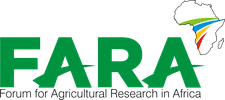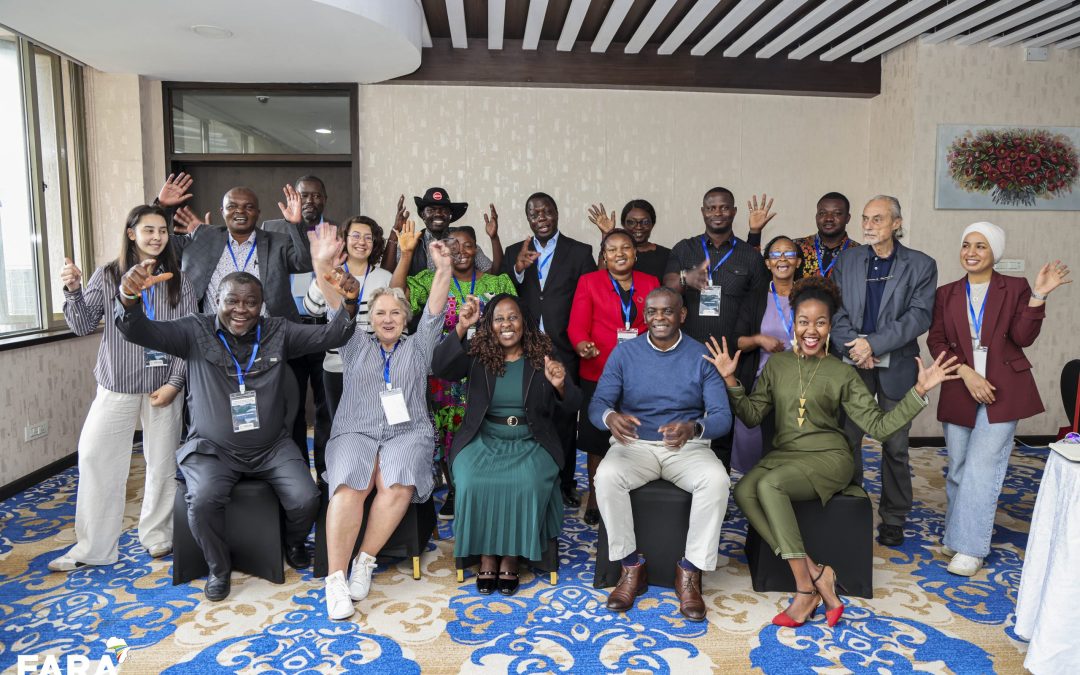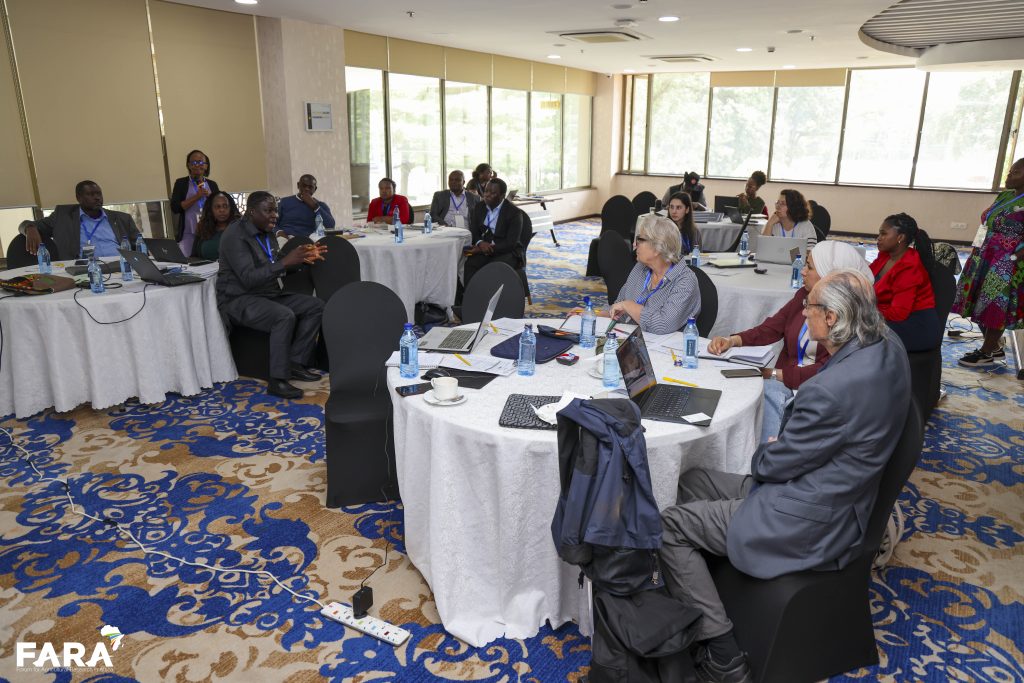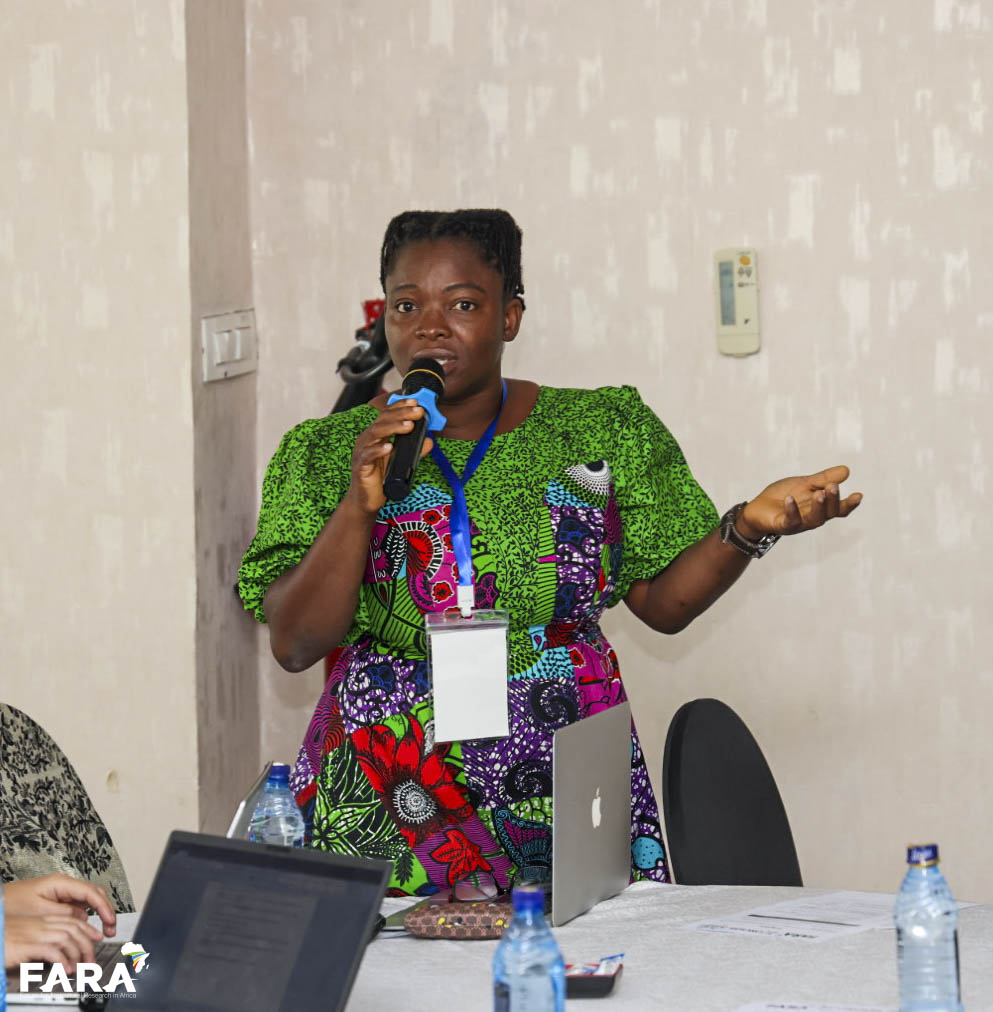By Wole Fatunbi
The state of knowledge and technologies about soil carbon management was the crux of discussion at the inaugural workshop of the Africa Node of the International Research Consortium on Soil Carbon (IRC-SC).
At the workshop held on the 26th – 28th May 2025 at the Golden Tulip Hotel, Nairobi, Kenya, the key presentations and discussions are on the subject of
- Managing Green Carbon for Soil Health and Climate Change Mitigation in Africa.
- Efforts to manage Soil Carbon in Africa: Imperative for SIA and AFSH-AP
- Importance of agroforestry to Soil carbon management in Africa: Evidence from the field.
- The Contributions of the Mineral Fertilizer to Soil Carbon Management in Africa: The Facts, Myths, and Fallacies
- Making the case for Organic fertilizer manufacturing in Africa: Prospect, and benefits to carbon management
- The role of capacity building on Soil organic carbon management in Africa: Imperative for Agroecology transition
- Importance of Soil data to soil carbon management in Africa
The discussions pointed to the need to manage soil Carbon effectively as the key to halting soil degradation in Africa. Statistics show that Africa holds only 10% of the total carbon soil in the world due to the nature and properties of its soil. Despite this condition, the rate of loss of carbon soil is high due to agricultural practices and other land uses. This has a significant negative effect on agricultural productivity, ecosystem services, and climate change. The continental effort to manage African soil is the development of the Soil Initiative for Africa (SIA) and the Africa Fertilizer and Soil Health Action Plan (AFSH-AP).
Various scientific studies have indicated that integrated soil fertility management remains the best approach to ensuring agricultural productivity in Africa. It is vital to combine the application of organic fertilizer to manage soil carbon and mineral fertilizer to supply plant nutrients. A sound soil information system is necessary to develop a robust advisory tool that combines Soil information with agronomic, climatic, and market data and uses the best ICT tool to inform site-specific mineral and organic fertilizer applications.
The need for abundant biomass to produce organic fertilizer at an industrial level has received the attention of the private sector in recent years, and the momentum is building up across the continent. Efforts are needed to do appropriate labelling to inform both the humus and the nutrient content of the manufactured organic fertilizer. On another note, scientific action is needed to make recommendations on the humus application rate that will support a specific quantity of mineral fertilizer to ensure adequate supply to the plant without loss to the environment.
The Africa IRC-SC is established as part of global efforts to Raise Awareness on Soil carbon management, develop and disseminate scientific knowledge, and promote public-private synergies, implement thematic programming, contribute to a Strategic Research and Innovation Agenda (SRIA), and expand the scope of knowledge and action of Soil carbon management.






